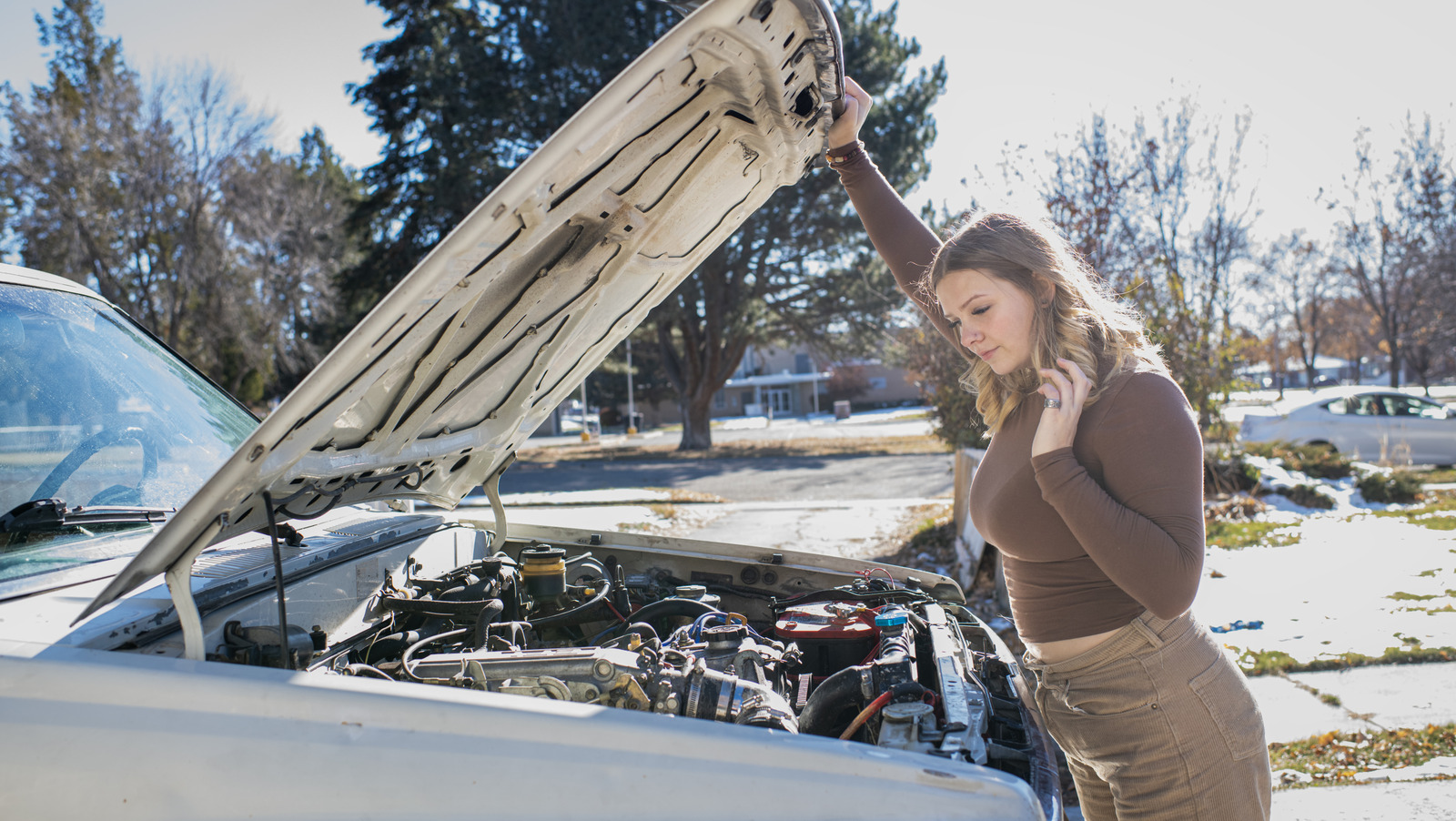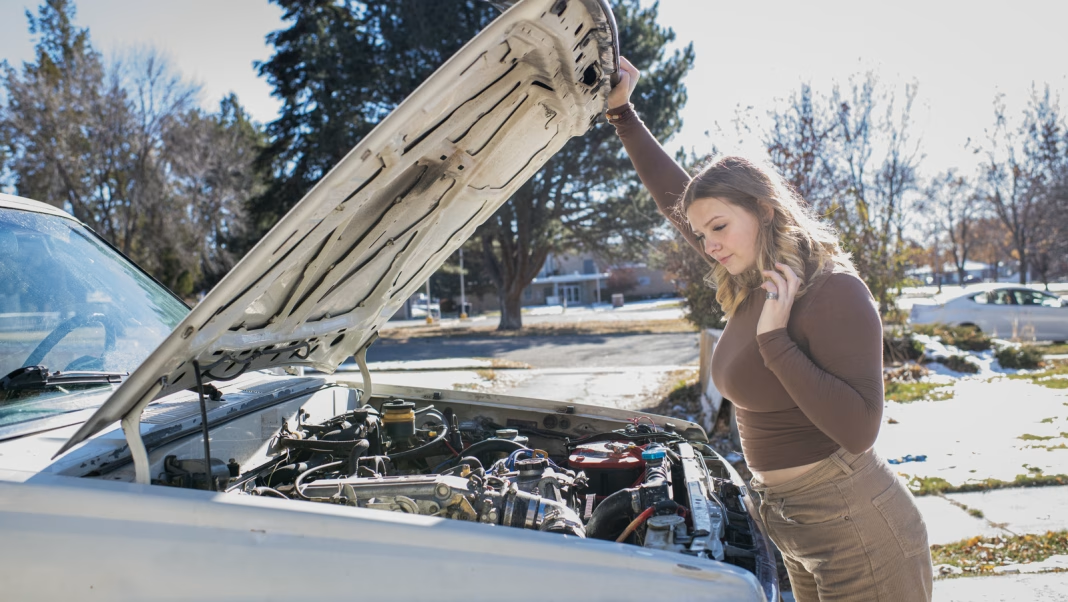What Do You Want to Learn About Car Repair?
Car repair can feel like a daunting world, filled with technical jargon and complex systems. But here’s the thing: none of us will ever know everything there is to know about it. The beauty of car maintenance lies in the journey of learning and discovery. So, what do you want to know? Whether you’re a complete novice or someone with a bit of experience, there are countless areas to explore. Let’s dive into some of the most common questions and concerns that car owners often have.
How Do I Change My Oil?
Changing your oil is one of the most fundamental skills you can learn as a car owner. It’s not just about keeping your engine running smoothly; it’s also a great way to save money. To get started, you’ll need a few basic tools: an oil filter wrench, a socket set, a funnel, and, of course, the right type of oil for your vehicle.
First, make sure your car is on a level surface and that the engine is cool. Then, locate the oil drain plug under the car and place a pan underneath it. Unscrew the plug and let the old oil drain completely. While that’s happening, you can replace the oil filter. Once everything is drained, replace the drain plug, add new oil through the funnel, and check the dipstick to ensure you’ve added the right amount. Voila! You’ve just completed a crucial maintenance task.
What About Tire Maintenance?
Tire maintenance is another essential area that often gets overlooked. Properly maintained tires not only improve your car’s performance but also enhance safety. Start by checking your tire pressure regularly—most cars have a recommended PSI listed on a sticker inside the driver’s door. Under-inflated tires can lead to poor fuel economy and increased wear, while over-inflated tires can cause blowouts.
Don’t forget about tread depth! You can do the penny test: insert a penny into the tread with Lincoln’s head facing down. If you can see all of Lincoln’s head, it’s time for new tires. Regular rotations and alignments can also extend the life of your tires, so keep an eye on that schedule.
How Do I Troubleshoot Common Issues?
Every car owner has faced that moment of panic when something doesn’t feel right. Understanding some basic troubleshooting can save you time and money. If your check engine light comes on, don’t ignore it. Many auto parts stores offer free diagnostic services that can help pinpoint the issue.
If your car is making strange noises, try to identify when the sound occurs. Is it during acceleration? When you hit a bump? This information can be invaluable when discussing the problem with a mechanic. And if you ever find yourself stranded, knowing how to jump-start a car can be a lifesaver. Just remember: red to red, black to metal, and always follow safety precautions.
What Are Some Simple DIY Repairs?
There are plenty of DIY repairs that can empower you as a car owner. Replacing windshield wipers, changing air filters, and even swapping out a headlight bulb are all manageable tasks that can save you a trip to the mechanic. YouTube is a treasure trove of tutorials for these kinds of jobs, so don’t hesitate to look up a video that walks you through the process step-by-step.
Additionally, keeping your car clean—both inside and out—can help maintain its value. Regular washes and detailing can prevent rust and wear, while a clean interior makes for a more pleasant driving experience.
How Can I Stay Informed?
The world of car repair is always evolving, with new technologies and techniques emerging regularly. To stay informed, consider joining online forums or local car clubs where enthusiasts share tips and experiences. Websites dedicated to car maintenance can also provide valuable insights and updates on best practices.
Don’t shy away from asking questions, whether it’s at a local auto parts store or during a visit to your mechanic. Most people in the industry are more than willing to share their knowledge and help you understand your vehicle better.
The big takeaway? Car repair isn’t about perfection—it’s about smarter adjustments. Start with one change this week, whether it’s learning how to change your oil or checking your tire pressure, and you’ll likely spot the difference by month’s end. Embrace the learning process, and soon you’ll find yourself more confident and capable behind the wheel.


